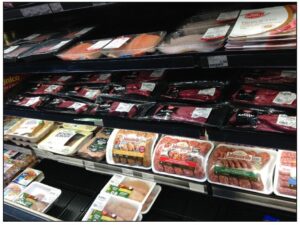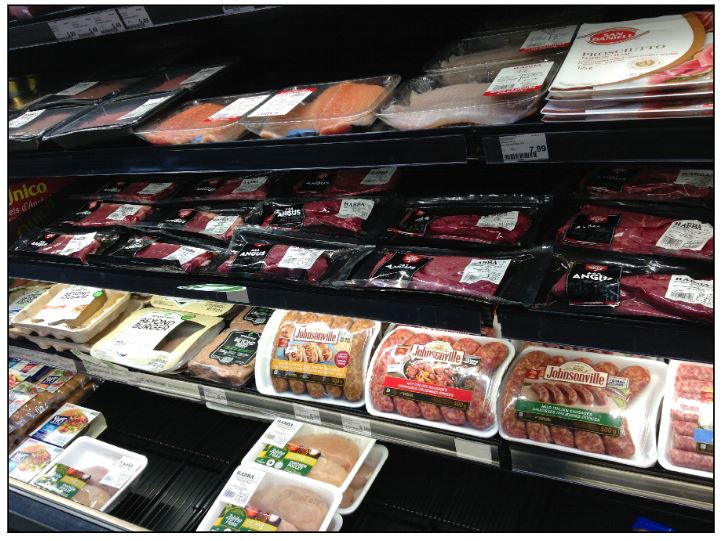“Is Canada’s Meat Supply Safe from Cyber Attacks?”

On the heels of the 9/11 attacks, “Agroterrorism” was much on the mind of the US Government (https://www.govinfo.gov/content/pkg/CHRG-108shrg91045/html/CHRG-108shrg91045.htm) with fears of infectious pathogens being deliberately spread among livestock (https://leb.fbi.gov/articles/
2,073 years after Caesar’s Battle of Alesia and 20 years after the al Qaeda threats, we are finding ourselves yet again at the mercy of food insecurity. On June 1, 2021, it was reported by ABC World News that the world’s largest meat supplier, JBS, was targeted in a major cyber attack orchestrated by Russian hackers. Like last month’s cyber attack on Colonial Pipeline that halted the supply of fuel in the United States, the JBS crisis also involved Ransomware, ie. hackers holding access to data hostage in return for cash (https://www.facebook.com/WorldNewsTonight/videos/meat-producer-jbs-hit-by-ransomware-attack/913824299197085/). A count from the JBS web site yields 103 brands (https://jbsfoodsgroup.com/our-
If you had beef, pork or poultry on your plate recently, chances are, it passed through JBS. JBS USA issued a press release on June 1, 2021 reassuring the public that it has made “significant progress in resolving the cyberattack” (https://jbsfoodsgroup.com/articles/jbs-usa-and-pilgrim-s-announce-progress-in-resolving-cyberattack-most-recent-update) .
Where does Canada fit in all this? JBS has 5 locations in Canada (https://jbsfoodsgroup.com/locations/canada). JBS Canada supplies food to more than 20 countries around the world (https://jbsfoodsgroup.com/our-locations). Therefore, if something horrendous were to happen to Canada’s beef supply, the ripple effects would be felt not only in our own country, but overseas as well. The JBS press release stated that Canada’s beef facility already resumed operations (https://jbsfoodsgroup.com/articles/jbs-usa-and-pilgrim-s-announce-progress-in-resolving-cyberattack-most-recent-update), so this should be a relief.
It is easy to understand how a cyber attack could cripple a fuel pipeline, given its automated delivery mechanisms. But how exactly does a cyber attack prove to be dangerous within the food industry? For starters, we need to gain a better understanding of how computers figure into the picture of meat supply. Meat processing software is needed for tracking and tracing raw ingredients, equipment, personnel, tests performed on the food, inventory and shipment (https://www.mar-kov.com/meat). For instance, what if beef products need to be recalled because there is disease outbreak or a true threat of Agroterrorism? Officials would need to move fast to track and trace (just like COVID) to keep our population safe. We need computers to do this kind of fast thinking. To maintain standards for proper equipment handling, we also need efficient software tools. So in essence, the handling of beef, pork and poultry is not a matter of just bringing in animals to a slaughter house and then distributing them to homes for the dinner table. There are actually many intermediate regulatory steps involved and computers, hooked up to the internet at that, figure very much in this picture. And it is this internet connectivity that makes food supply companies vulnerable to cyber attacks.
Just because the emphasis has been on the American and Australian markets (https://abcnews.go.com/Technology/wireStory/jbs-cyberattack-disrupts-australian-meat-production-78013231), does not mean that Canada should just sit back and be a complacent onlooker. Now is the time to strengthen Canada’s food cyber infrastructure; now is the time to start thinking like a real hacker to anticipate and deflect future digital crises. We cannot go hungry because malicious players have us boxed in and are controlling our food supply.
This is not 52 BC.



